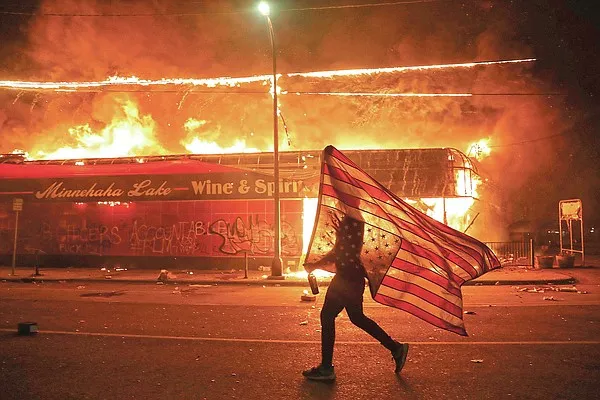Table of Contents
Woessner, who has been involved with the ASSU in a several capacities over his years at Stanford, cited disagreements with Gobaud’s constitutional interpretations in addition to what he feels to be potentially unethical involvement with Judicial Affairs after Gobaud was informed that de la Torre faced sanctions for an Honor Code violation.
His freshman year, Woessner served as a Senate Associate, and, his sophomore year, he served as head Elections Commissioner. “Over the past three and a half years, I gained a ton of institutional memory in the ASSU. I’ve studied the ASSU Constitution in pretty much every capacity that I’ve had, and I think that’s the reason why David and Jay hired me. There are very few people in the ASSU that have been involved as long as I have,” said Woessner.
Though Woessner says that his disagreements have nothing to do with the individuals that have been nominated, he feels that Gobaud, based on vague constitutional wording, cannot assume he has the power to appoint a vice president and that the Constitution’s lack of clarity may justify holding a special election.
“I just wanted to make sure that the process was as legitimate as possible, and I feel that, right now, the process wasn’t as legitimate as it could have been,” stated Woessner. “Even though David was able to circumnavigate the Constitution and maybe not technically break the Constitution, he’s still been moving in these gray areas, and I think that raises a lot of concern for the student body,” he said.
Woessner says he is also disturbed by the fact that Gobaud continued to lobby for reforms within Judicial Affairs even after he knew de la Torre was involve in a judicial hearing. “The second that he knew that Jay was involved with this process, he should have gotten out of it,” said Woessner. “He had to have known in the back of his mind that what he was doing was not quite ethical.”
Responding to questions about his involvement with Judicial Affairs, Gobaud stated, “The improvements I have been researching and working on since spring have not gone into effect in any form and never had any chance of going into effect until Jay’s case was finished. All but one of the improvements involves changes to the Student Judicial Charter and amending the Charter is a process that can take longer than a year.”
“The one improvement I have been researching that does not require a Charter amendment is the idea to create an external resource to support responding students and this initiative is still in the research stage and a proposal has not even been started yet,” said Gobaud.
Woessner, who voiced his opinions at the Undergraduate Senate’s Nov. 17 meeting, said he would like to have seen the issue resolve in a Constitutional Council hearing.
“As Legislative Liaison, I was never asked or consulted once about what I though of the legitimacy of the process. If I were to be asked how the Vice President situation should have been handled, even if I didn’t know the situation in full, I would have said that it was a gray area and that we need to go to the Constitution Council,” said Woessner.
“I think the Constitutional Council as a whole is underutilized. There have been two or three cases in the last three years that the Constitutional Council has actually decided. It’s not a negative thing. It’s not a slam against anyone to say that an issue should go to Constitutional Council. I just think it’s important to establish these types of rulings when there is not precedent for the cases,” he continued.
Gobaud was confident that he would be able to continue with his Judicial Affairs reforms, even after all of the various controversies concerning nominations to the BJA, de la Torre’s resignation, and the manner in which he discovered de la Torre’s Honor Code violation case.
“I have been working on Judicial Affairs improvements since spring, long before I had any knowledge of Jay’s situation,” said Gobaud.
“The fact that I learned about Jay’s case through a Judicial Affairs mistake only reinforced the notion that there are improvements that need to be made to the system. In addition, learning the details about Jay’s case and talking with him about it at length, in great detail, was extremely beneficial to learning about the process. It shed a bright light on what it is like to be a responding student and was very educational,” he said.
According to Woessner, various other cabinet members have been voicing their own concerns. Woessner says he feels he’ll be replaced, but that he thinks, “it will be an interesting confirmation process.”




